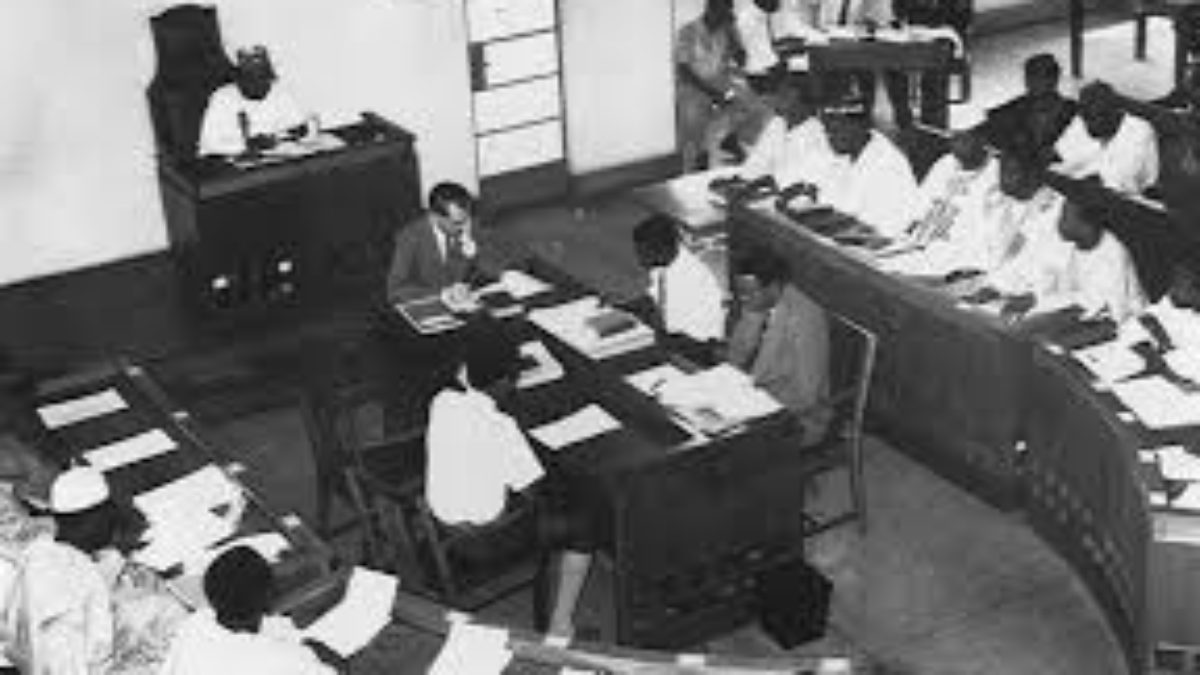Back to: GOVERNMENT SS2
Welcome to class!
In today’s class, we will be talking about constitutional development in Nigeria. Enjoy the class!
Constitutional Development in Nigeria

THE NIGERIA COUNCIL OF 1914
The Council was created in 1914 after the amalgamation by Lord Luggard. It consisted of 24 official and 12 unofficial members of which were Europeans and the rest were Nigeria Traditional Rulers. The Council was an advisory body without any power of legislation. It was a medium for public opinion.
In 1922, sir hugs Clifford succeeded Lord Luggard as governor of Nigeria and he abolished the Nigerian council. He set up a Legislative Council for Southern Nigeria. The North was to be governed by a proclamation from the Governor.
THE NATIONAL CONGRESS OF BRITISH WEST AFRICA (NCBWA)
The National Council of British West Africa was formed in 1920 by Joseph Casely Hayford of Gold Coast (Ghana and Dr Akinwade Savage of Nigeria. The group had members from the four West Africa Colonies-Ghana, Gambia, Nigeria and Sierra Leone. Congress demanded more African participation in administration, Judiciary and other sensitive areas of government. They equally opposed discrimination and advocate for the use of elective principles. They also demanded the development of education (university) and improved medical sectors.
EFFECTS OF THE NCBWA
- Africans were elected into the legislative council
- Introduction of elective principles in Nigeria 1922, Sierra Leone 1924, and then Gold Coast 1925.
- Higher educational institutions were established in Nigeria, Gold Coast and Sierra Leone e.g. Fourah Bay college, Yuba college, Achimota college.
- The NCBWA led to the development of newspapers in British West Africa e.g. Daily news of 1925 in Nigeria and the morning star on the gold coast.
- The introduction of elective principle led to the springing up of political parties e.g. NNDP in Nigeria and NCSL IN Sierra Leone.
GENERAL EVALUATION
- Mention the names of the founder of the National Council of British West Africa.
- Highlight the features of the Nigeria Council of 1914.
- Explain the origin of colonialism in Nigeria.
- List and explain the characteristics of the civil service.
- State 6 functions of the Civil Service Commission.
In our next class, we will be talking about Clifford’s Constitution of 1922. We hope you enjoyed the class.
Should you have any further question, feel free to ask in the comment section below and trust us to respond as soon as possible.

What of Sir Arthur Richard Constitution of 1946